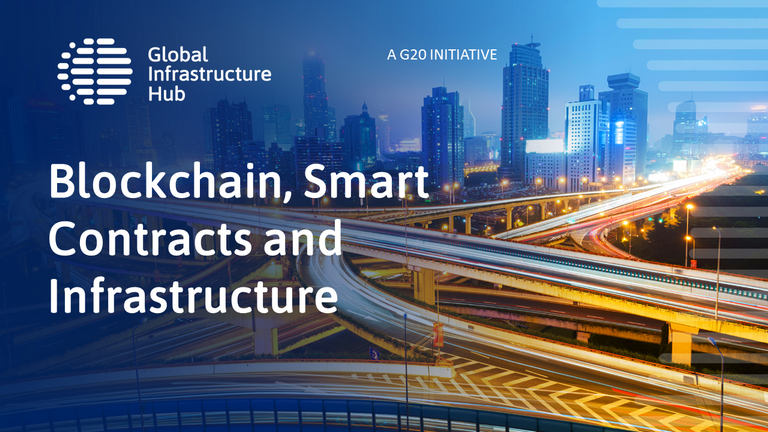840 results found
Featured results



More results
A new report released today by the Global Infrastructure Hub, a G20 initiative, has revealed an infrastructure investment gap of US$1 trillion in 10 Compact with Africa[1] countries over the next 22 years. This represents a 42 per cent investment gap; one of the largest regional gaps in the world.
The participants of the second Regional Roundtable on Infrastructure Governance held in Côte D’Ivoire last week reinforced the need for good governance across all stages of infrastructure delivery. The Regional Roundtable was the second of its kind, with the first held in South Africa in November 2017.
When we as consumers decide to invest our money—whether through shares, bonds, or other instruments—we look at whether our investment will deliver a solid financial return. It makes sense then that the same risk-return principle is applied to investments in infrastructure.
This paper first identifies the long-term risks associated with land sale, second the paper proposes the land trust or land lease for the development of infrastructure investment and industrialization purposes.

This study looks at the project practice in light of the strategy as declared in the sector paper. The main focus is on the first decade of the urban transport lending program (1972–82).

The GI Hub was asked by the Asia Pacific Investors Cooperation organisation (APIC) to give a presentation on the state of ASEAN infrastructure markets at the APIC 2018 Summit in Tokyo on 21-22 June 2018.
This brief outlines how China's transport sector can contribute to carbon reduction

In the world of infrastructure, technological change presents both a challenge and an opportunity. The challenge arises because of the large capital investments which infrastructure projects normally require and the threat that the infrastructure may become obsolete before the investors – whether they are public or private investors – can fully recover their costs. At the same time, there is an opportunity, namely that by using new technologies, we can deliver infrastructure services to the public in a way that is both more efficient and more effectiv
This report reviews the way we build our cities and how this directly impacts the safety of future generations within the context of Japan.


The interest generated by the role of PPP in the implementation of the Sustainable Development Goals (SDGs) is considerable.


Public Investment Management Assessment (PIMA) is a comprehensive assessment framework developed by the IMF to help countries strengthen public investment management practices.

Welcome to the first edition in a series of updates that the GI Hub will provide in advance of each G20 Infrastructure Working Group (IWG) meeting. As committed to in the GI Hub’s Strategic Plan 2019-22, and in response to requests made by members of the IWG, these updates will provide both a description of activities undertaken since the last IWG meeting and a preview of upcoming initiatives. For each of the GI Hub products discussed in the update, we will identify the relationship between the product and the workstreams in the IWG Terms of Reference. We hope that you will find these updates informative and, of course, we welcome any questions or feedback.

The IMF's Public Investment Management Assessment (PIMA) framework helps countries evaluate the strength of their PIM practices.







 Global Infrastructure Outlook
Global Infrastructure Outlook













